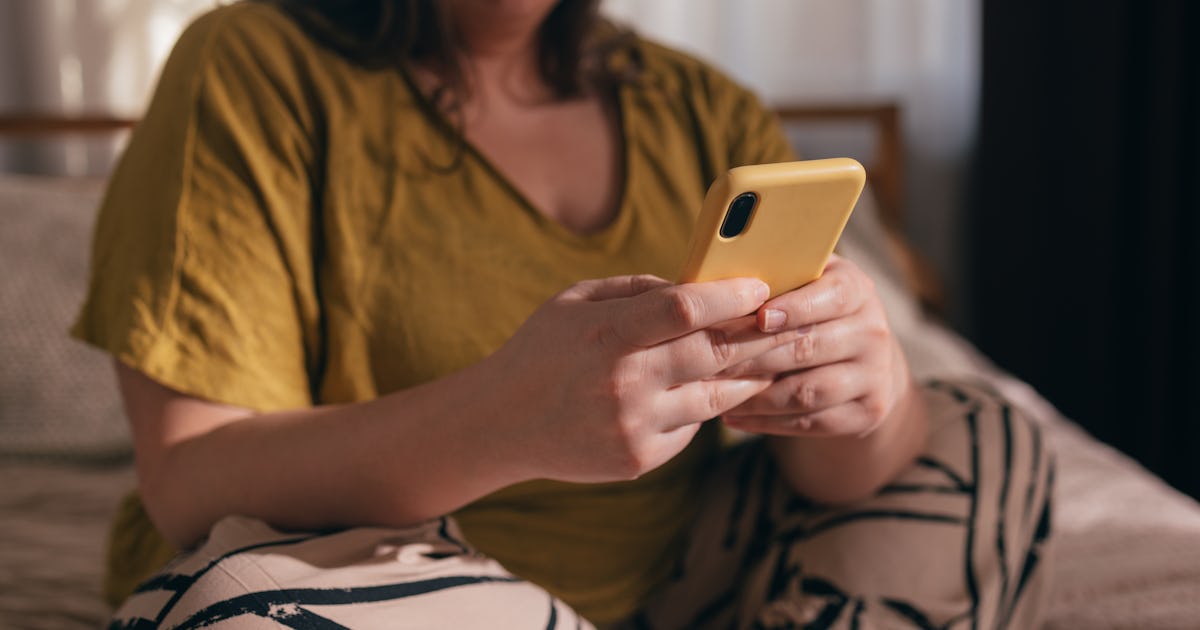The Truth About Social Media Detoxes: Psychologists' Insights
Core Concepts
Psychologists emphasize the need to critically assess the impact of social media on mental health before deciding on a detox strategy.
Abstract
Social media detoxes are increasingly popular, but their effectiveness remains uncertain. While some studies suggest benefits like improved well-being, others warn of negative consequences. Psychologists stress the importance of evaluating individual needs and goals when considering a break from social media to ensure a healthy relationship with online platforms.
What's the Best Digital Detox? Experts Share an Unlikely Suggestion
Stats
A 2022 study found that a week-long break from social media improved well-being, depression, and anxiety.
A 2023 study revealed that Instagram and TikTok use can provide short-term relaxation but also raise depression and anxiety.
A review of 21 studies on social media detoxes involving over 3,600 people showed mixed results in terms of outcomes.
Quotes
"People need to recognize that they are training the social media apps to curate content for them." - Karen North
"In an ideal world, you can go where you’ve got to go, and nothing bad's gonna happen. But you should be prepared." - Angela Lee
Key Insights Distilled From
by at www.inverse.com 02-26-2024
https://www.inverse.com/health/digital-detox-break-from-social-media-best-habits
Deeper Inquiries
How can individuals strike a balance between using social media for connection and avoiding its negative impacts?
Finding a balance between utilizing social media for connection while mitigating its negative effects involves several key strategies. Firstly, individuals should be mindful of the content they engage with on these platforms. By actively curating their feed to include positive, uplifting, and informative content, users can enhance their experience and reduce exposure to harmful material that may contribute to anxiety or depression. Additionally, setting boundaries around social media usage, such as limiting screen time or designating specific times for checking notifications, can help prevent overconsumption and promote healthier habits. It's also essential to prioritize real-life interactions and activities over virtual ones to maintain a well-rounded lifestyle.
Is there a middle ground between complete abstinence from social media and excessive usage?
Yes, there is indeed a middle ground between completely abstaining from social media and engaging in excessive use. Instead of viewing social media as an all-or-nothing proposition, individuals can adopt a more nuanced approach by practicing moderation and mindfulness in their interactions with these platforms. This could involve setting limits on daily usage, unfollowing accounts that trigger negative emotions, or taking regular breaks from scrolling to focus on other aspects of life. By finding this middle ground, users can enjoy the benefits of social media without succumbing to its detrimental effects on mental health.
What role does personal agency play in shaping our interactions with social media platforms?
Personal agency plays a crucial role in determining how we engage with social media platforms. Users have the power to control what content they consume, how much time they spend online, and the overall impact these platforms have on their well-being. By exercising agency in selecting which accounts to follow, what posts to interact with positively or negatively influence algorithms' suggestions tailored towards individual preferences - users can shape their online experience according to their needs effectively.
Moreover,
by being aware of one's digital habits
and making intentional choices about when
and how often they use social
media,
individuals empower themselves
to create healthy boundaries
and foster positive relationships
with these technologies.
Ultimately,
personal agency enables us
to navigate the complex landscape
of social media mindfully
and ensure that our online experiences align with our values
and goals
0
